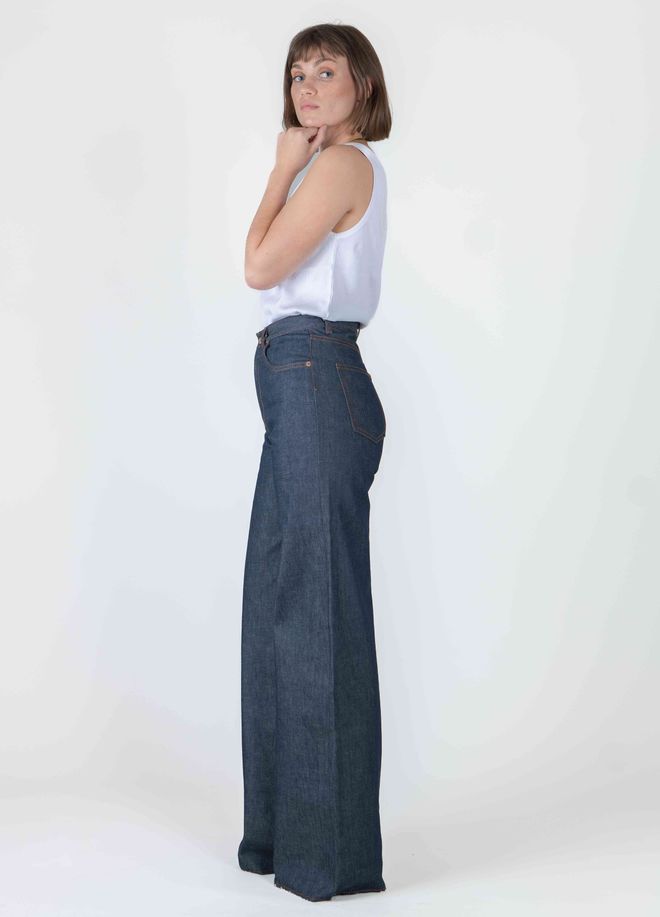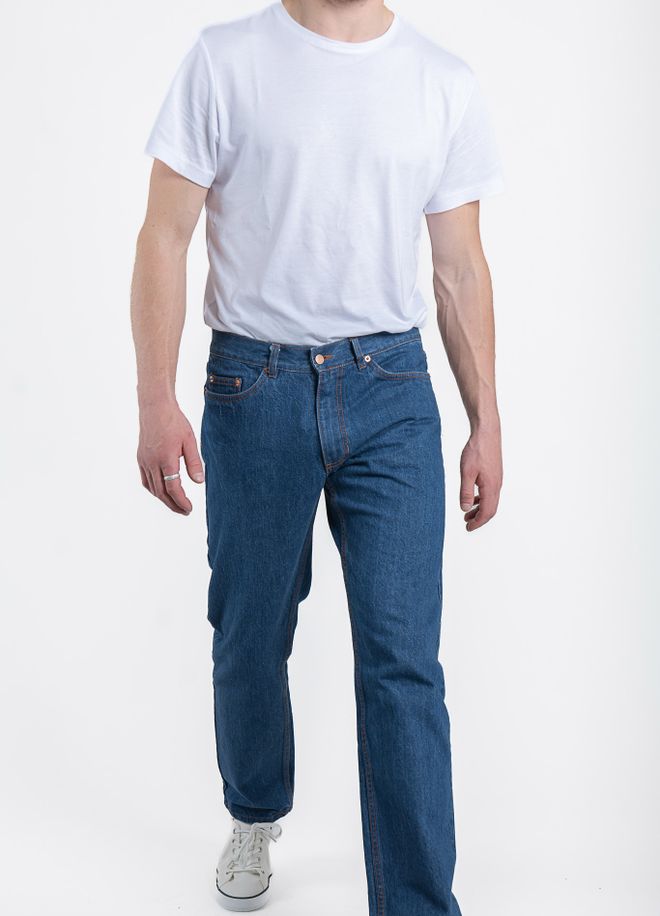
The first time I heard about Luai was 29th of January 2021. I told Fredrik who helped me with my local jeans project that I needed skilled jeans makers who know how to sew jeans. My aim was to find these among Sweden´s refugees because they need jobs, and I needed experienced makers. Fredrik, then, immediately told me about Luai from Syria, who started to sew pants at the age of 7, and who built his own jeans factory in Syria…I wanted to get to know him, and perhaps involve him in my new local jeans project, Lokalt by Velour. A couple of month later, my photographer and I were able to interview Luai (in Arabic), through an interpreter

What is your name?
My name is Luai Abed, I am 42 years old, from Homs, Syria.
Do you have any family and where do they live and what do they do for a living?
I have four brothers, two sisters and my parents. Because of the war, we all separated. I came to Sweden. Two of my brothers fled to Egypt with my mother and father where they now live. One brother fled to Algeria, another fled to Libya, and one sister is still living in Syria. My brothers in Egypt run a small jeansfactory, my brother in Algeria works in plumbing water pipes, my brother in Libya has a dental lab, and the two sisters are housewives.
How was life in your home country when you were little child?
We were a very poor family, life was difficult. My father was working in three different jobs to provide us with a decent life and at the same time life was hard on him.
When did you start sewing clothing for the first time?
The first time I started sewing was when I was seven years old during the school summer vacation. At that period of time I started working for my uncle and when I was ten years old I sewed the first pant in life. My uncle used to work in trousers, but in the year 1994 the demands for trousers became very little and the demand for jeans increased. We started making jeans after my uncle switched sewing machines to fit jeans making.
I loved the lapseam machine, but my uncle preferred my cousins, so i did not have a chance to try the machine that I did love. After a week of attempts, all my cousins did fail to use the machine and finally I was asked by my uncle to learn the machine and I did suceed from the very first experience. My uncle's factory were placed in Homs city, Syria
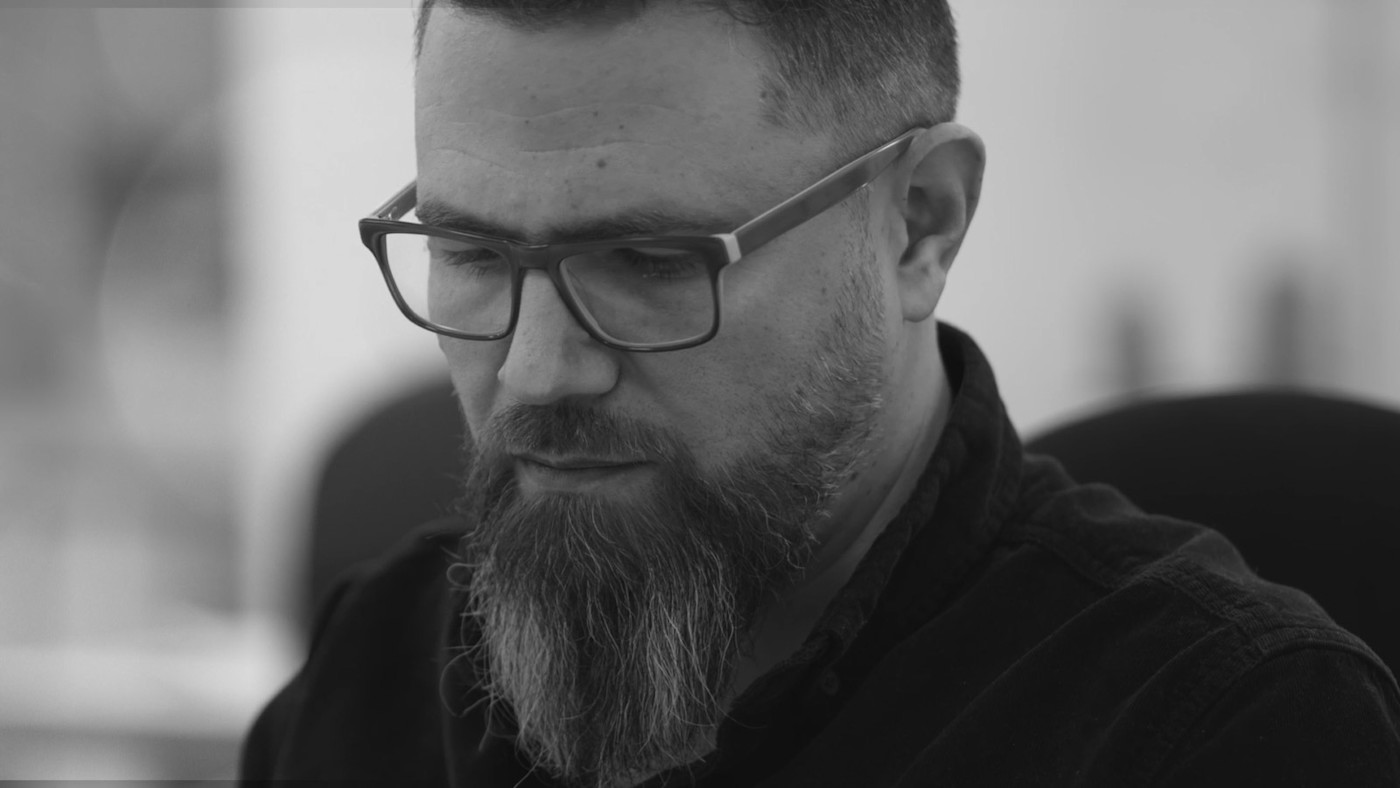
Who inspired you becoming a jeansmaker?
Discrimination against me by my uncle was the main inspiration for me to be very good in the making of jeans.
Explain your work in the jeans factory?
Because my uncle treated me badly, i saved the money and one day he asked me if I could buy a lap seam machine!!! When I answered him that I could, it was a great surprise and shock to him.
I bought the machine and when problems start between me and my uncle I left him and started working in my own jeans factory 1998. I bought four sewing machines and asked my brothers to leave my uncle factory and working with me instead. Within one year I had a good jeans factory and I was manufacturing for other brands.
I advanced in the business and did build a great reputation/ name in the jeans industry, Distinguished by its quality and high price at the same time. I don't deny that I benefited a lot from my uncle's name being known in the Jeans industry.
What are you most proud of in life?
I'm proud that I built a jeans factory in Homs, Syria.
Unfortunately the factory was lost but I'm proud of building it from the beginning. We started building a new jeans factory, me and my brothers in Egypt, a small factory but I hope it will be bigger in the future.
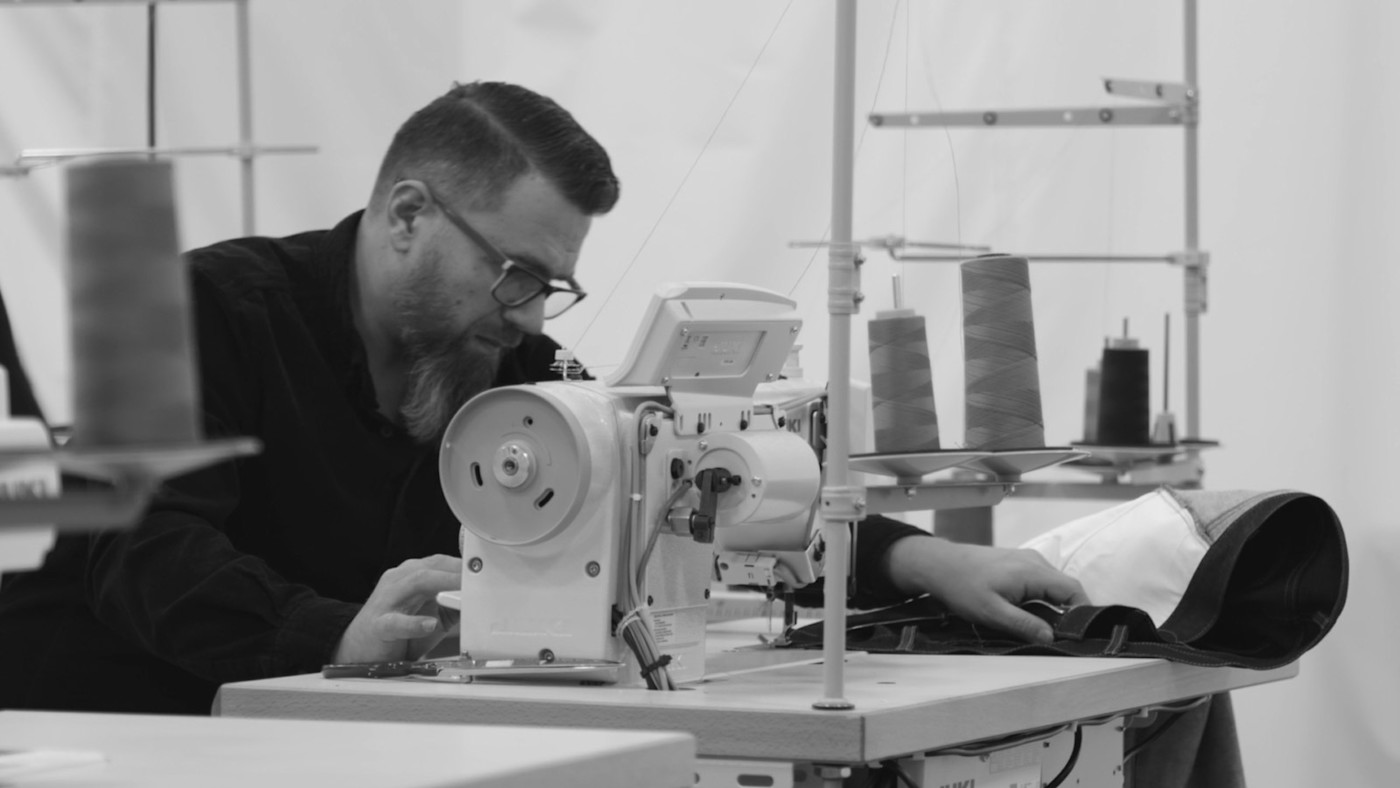
When did you come to Sweden and why did you flew Syria? What was happening at that time in your home country?
Life was hell in Syria because of the war and we had to leave our house and factory and moved between several homes for our relatives for three months and then we decided to leave Syria in 2012.
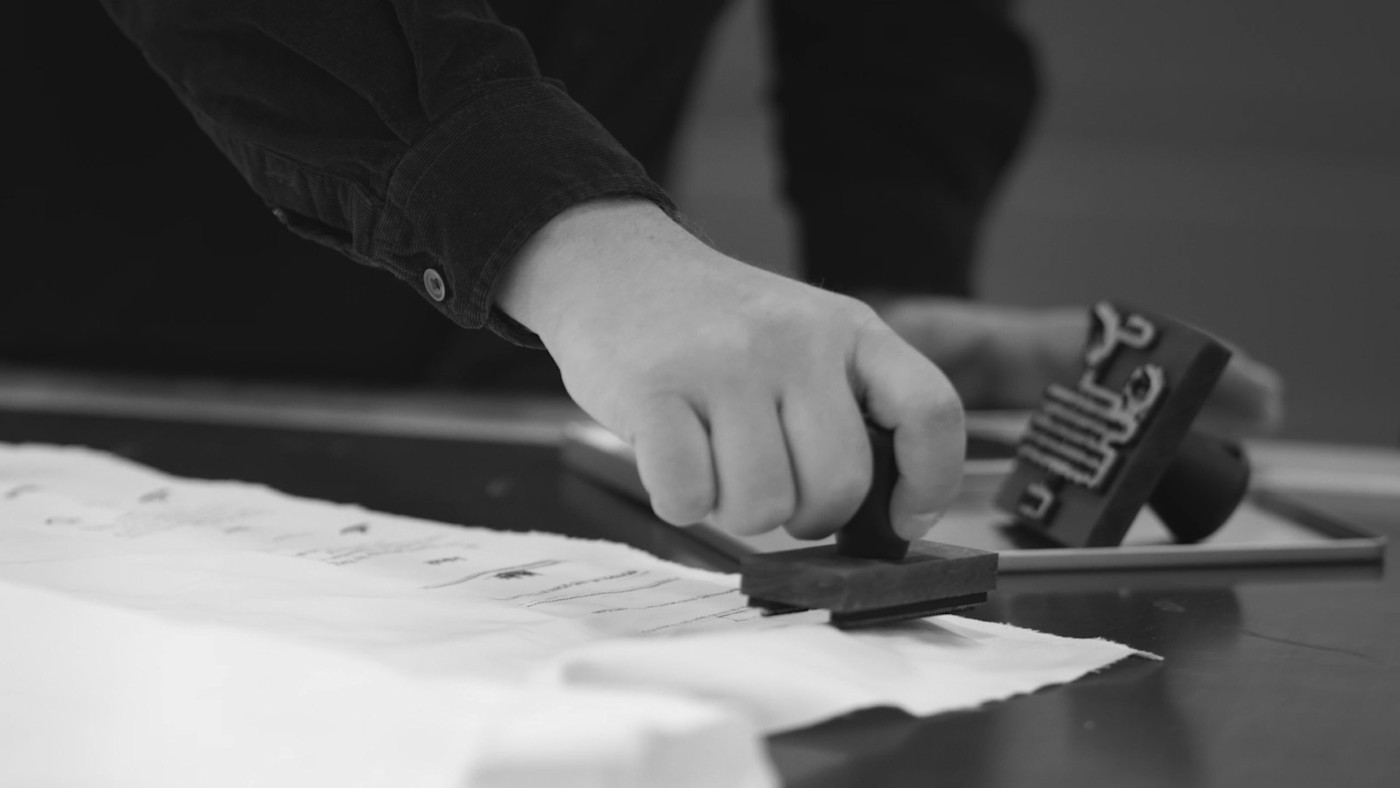
Tell us about that travel to Sweden?
In the months before the war, I got married and when the war broke out, my wife was pregnant. Because there were no hospitals in the country during the war, I decided to flee to Egypt as a priority for my wife to have a safe birth and for my child. I arrived in Egypt, and my wife gave birth to a healthy girl we named Lamees.
After that, I fled to Libya because my brother lived there. While I tried to work in Libya in my profession, which is in jeans, it was quite challenging, especially because of the language barrier. It may have been the same language but a very different dialect, so it was hard for everyone to understand each other. However, I worked there for two years as a tailor, fixing zips, jeans, and garments.
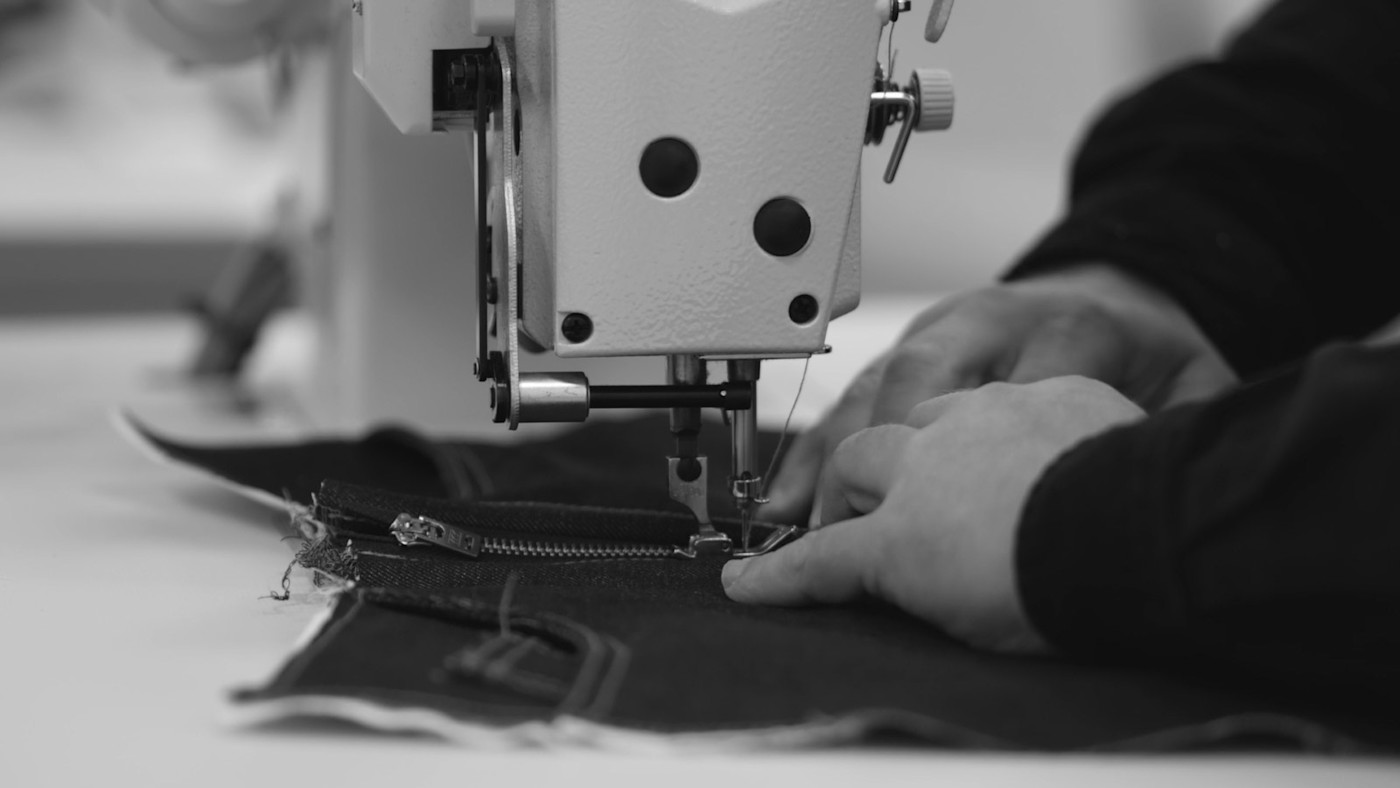
This wasn't the future I wanted. When I thought about my family and what I wanted to do for them, I decided to flee to Europe, specifically to Sweden. During that time, I had both a newborn baby boy who was 3 months old and my girl Lamees. In order to avoid risking my family's lives, I had to travel to Sweden alone, as there were sinking incidents involving boats.
It was a very exhausting voyage through the ocean, and the smugglers took us in a small fishing boat, which made it very hard for us to breathe. There were two floors on the boat. The bottom floor had 40 people and a window measuring 40 cm for air supply. The top floor, where I was, had 70 people.
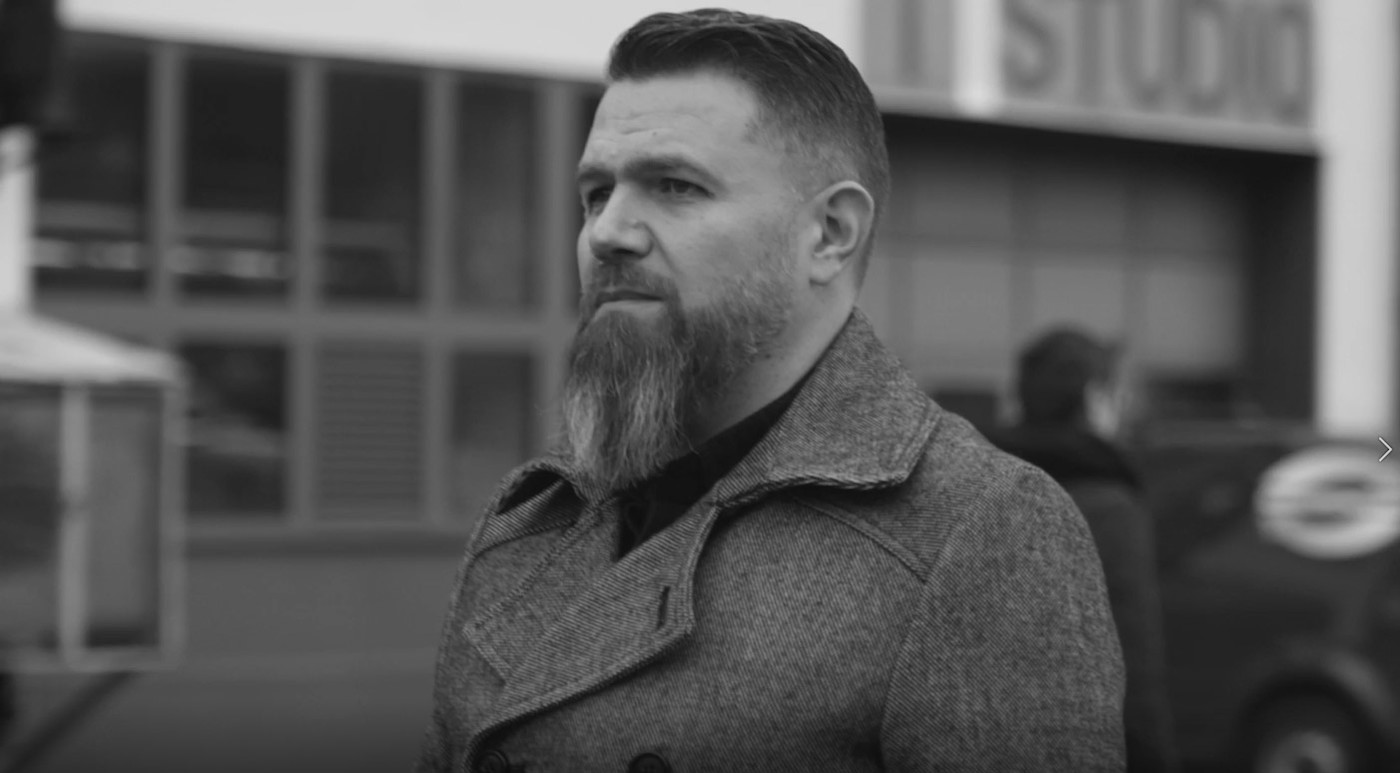
During the journey, there was a fatality. A 50-year-old African male died to suffocation and human cramping. After two days, they transferred us to an army ship and then two days later we arrived to sicilly; italy. However, my motive was still to reach Sweden, so I asked around for ways, but I had been scammed more than once by these people, usually taking money and disappearing. Ultimately, we negotiated with a smuggler so that we could be brought from Italy by car to Denmark, then by train to Gothenburg.
I arrived and surrendered myself to the immigration authorities and was put into a refugee camp. After staying in the camp for 2 months, I was granted a permit and moved to Borås.
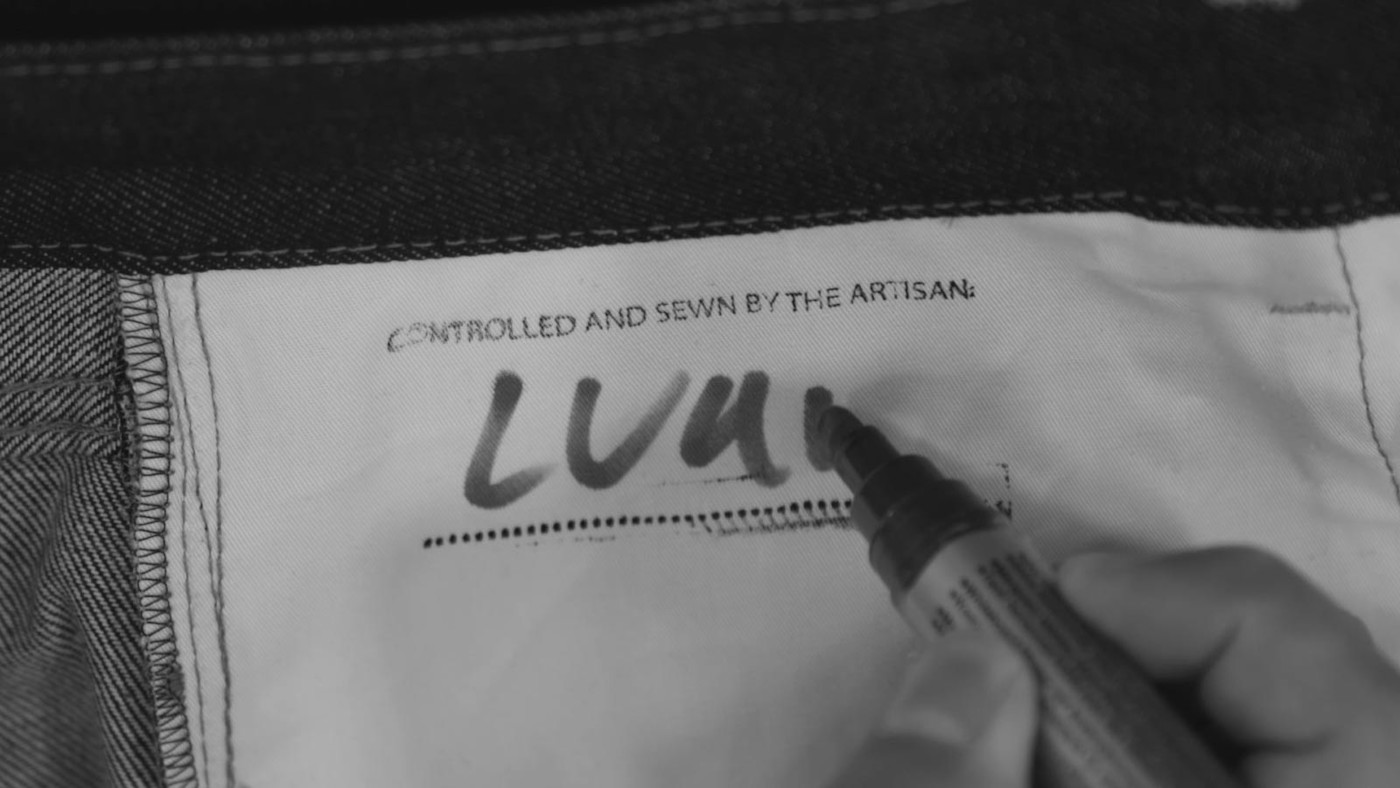
How did you end up in Borås?
I came to Sweden in April 2014, Before my travel I did an online search and found that Sweden is suitable for us, specially the city of Borås because it is known to be a city of garments and textile industry, and that is why we came her.
